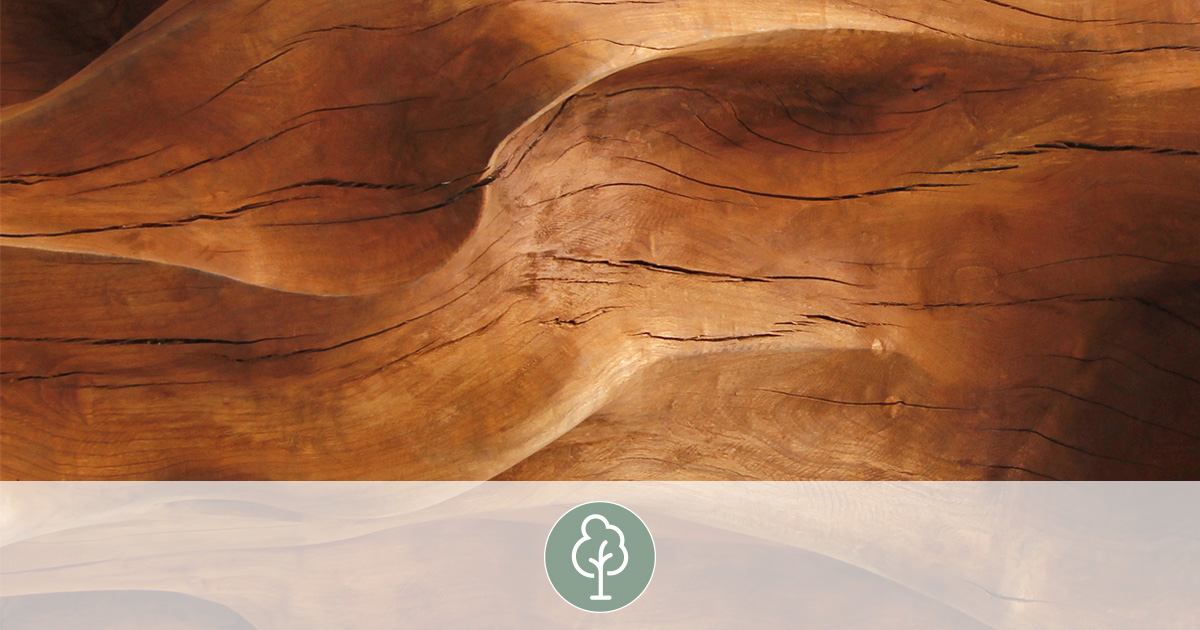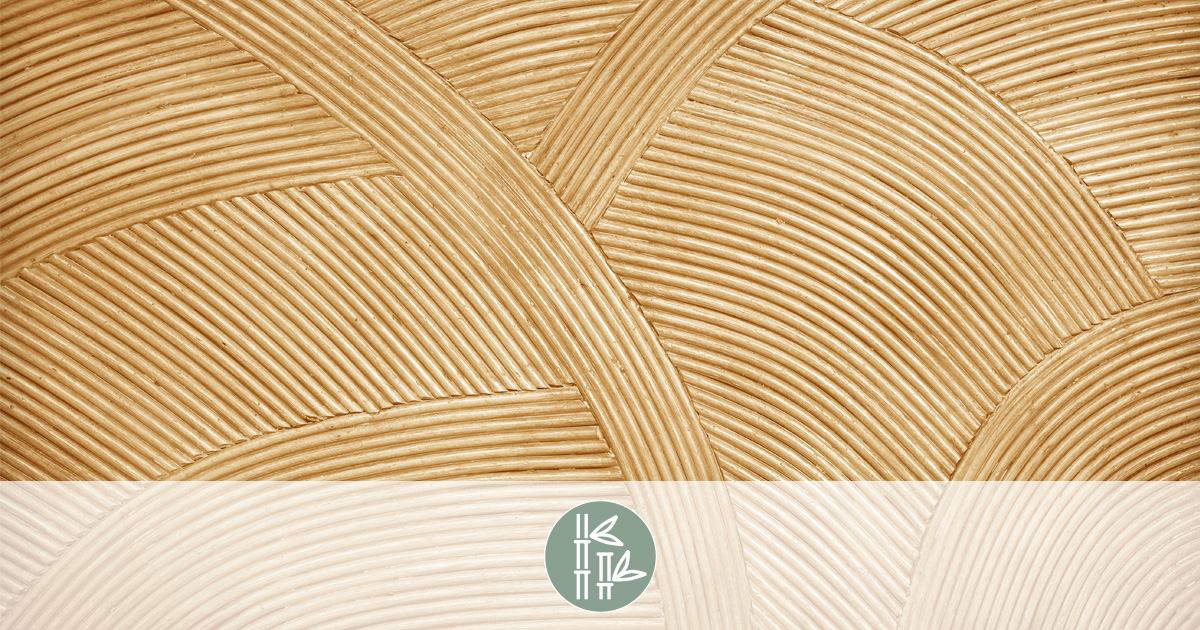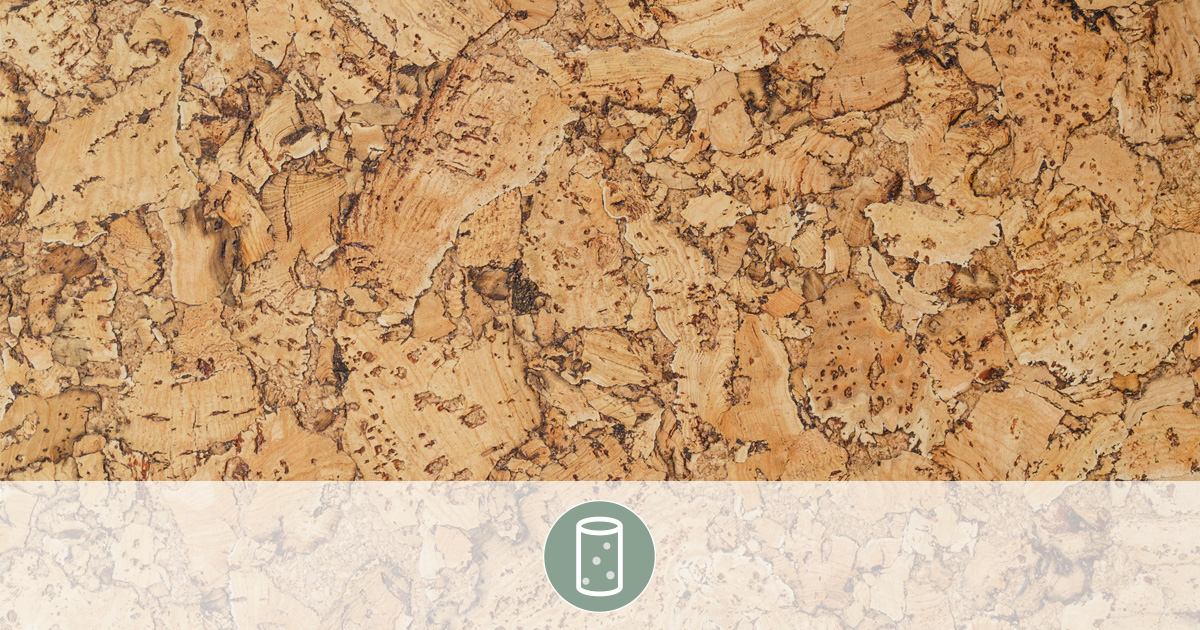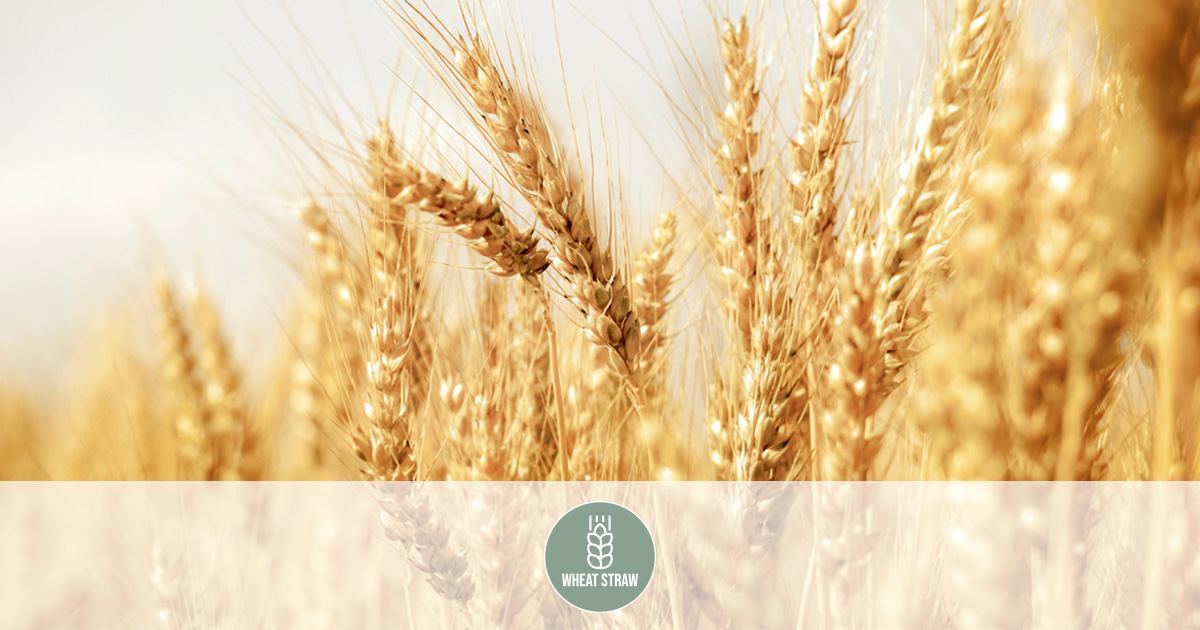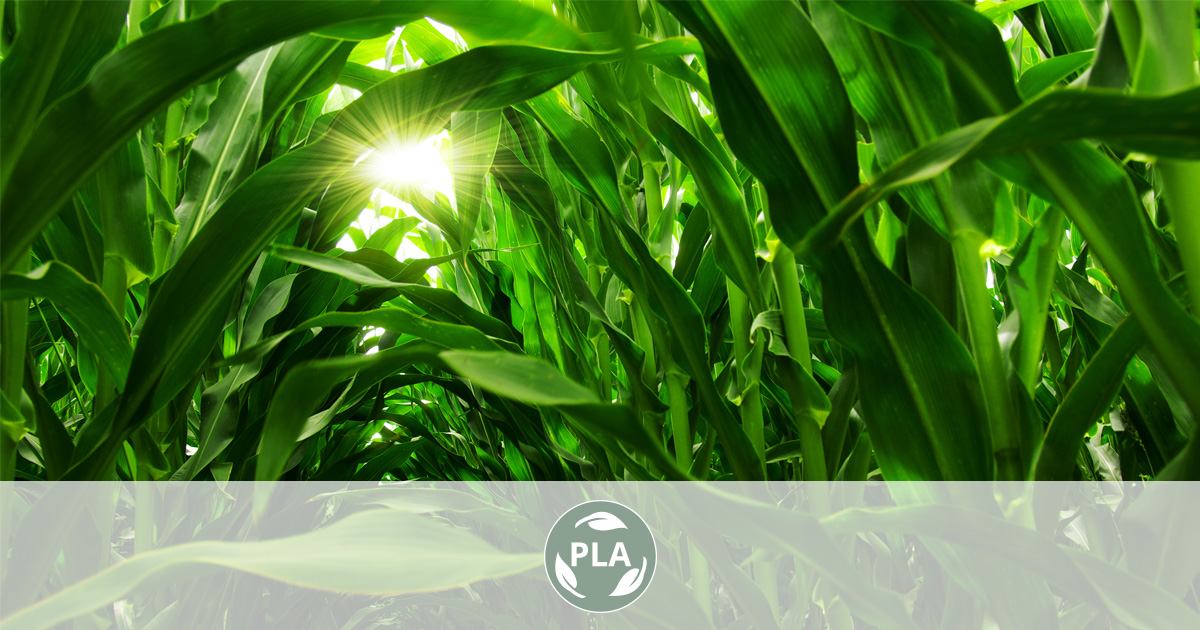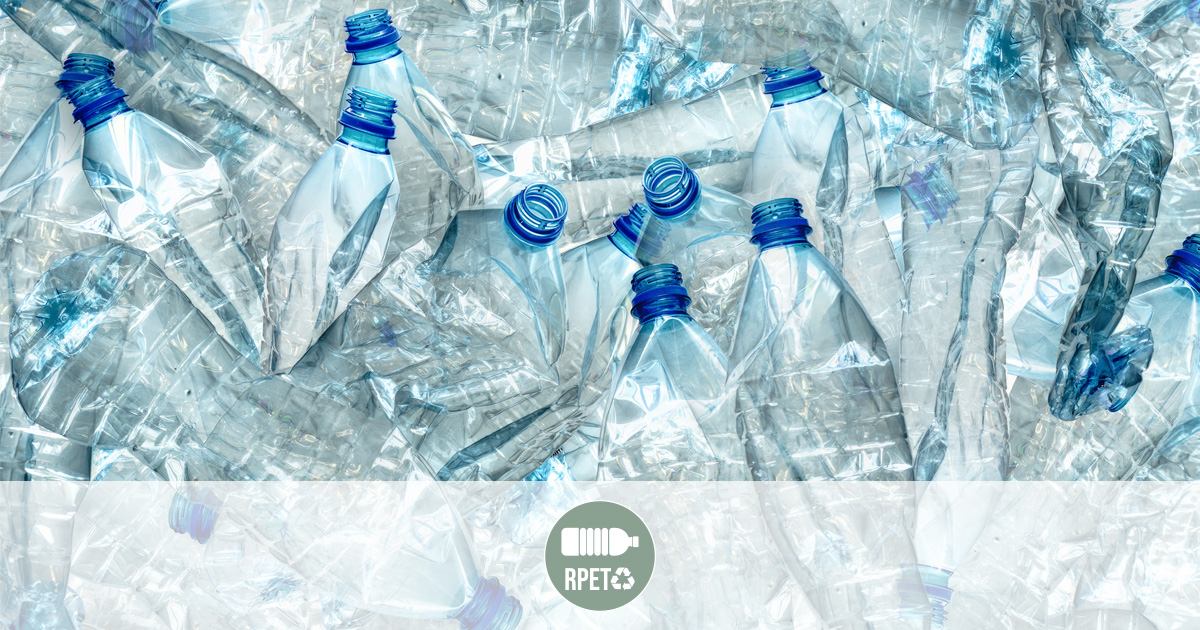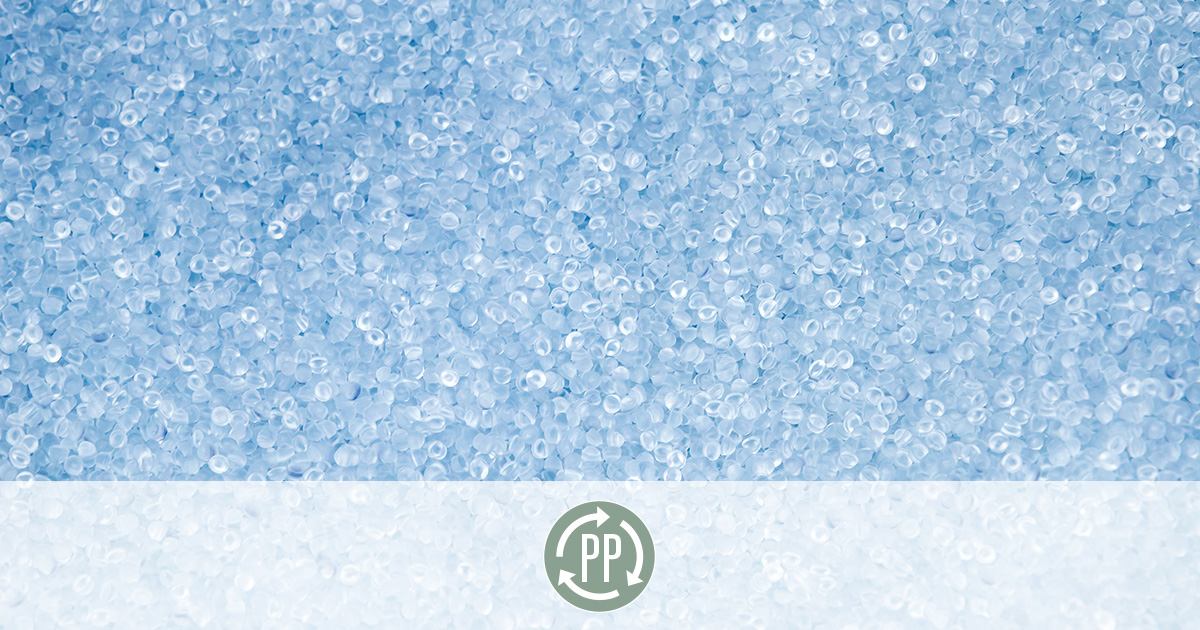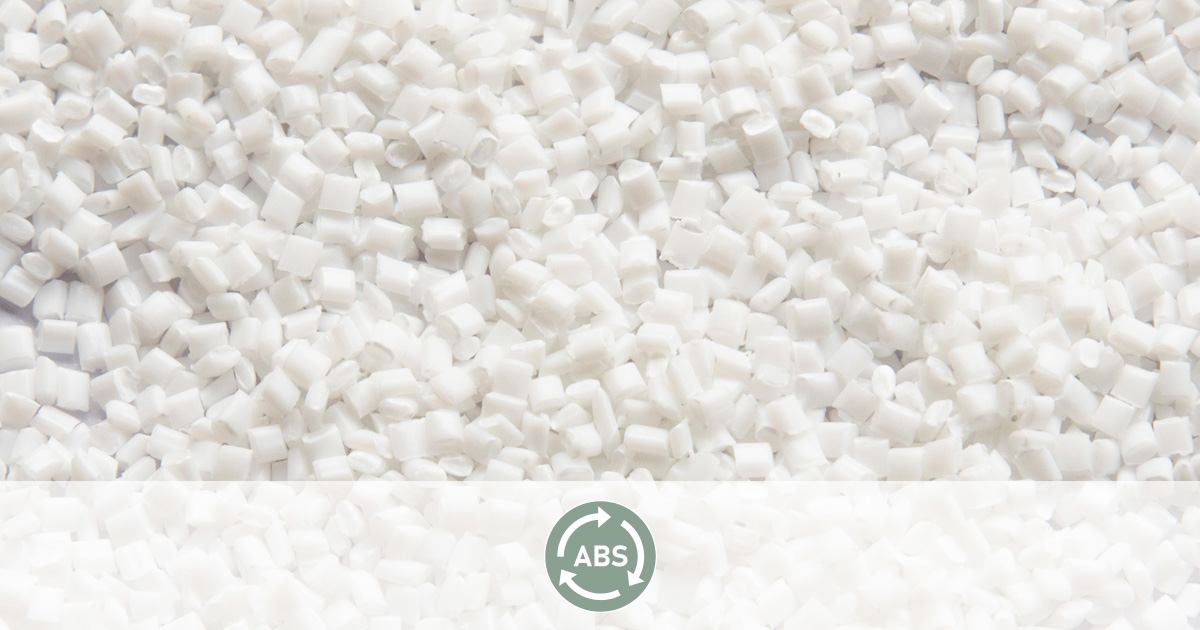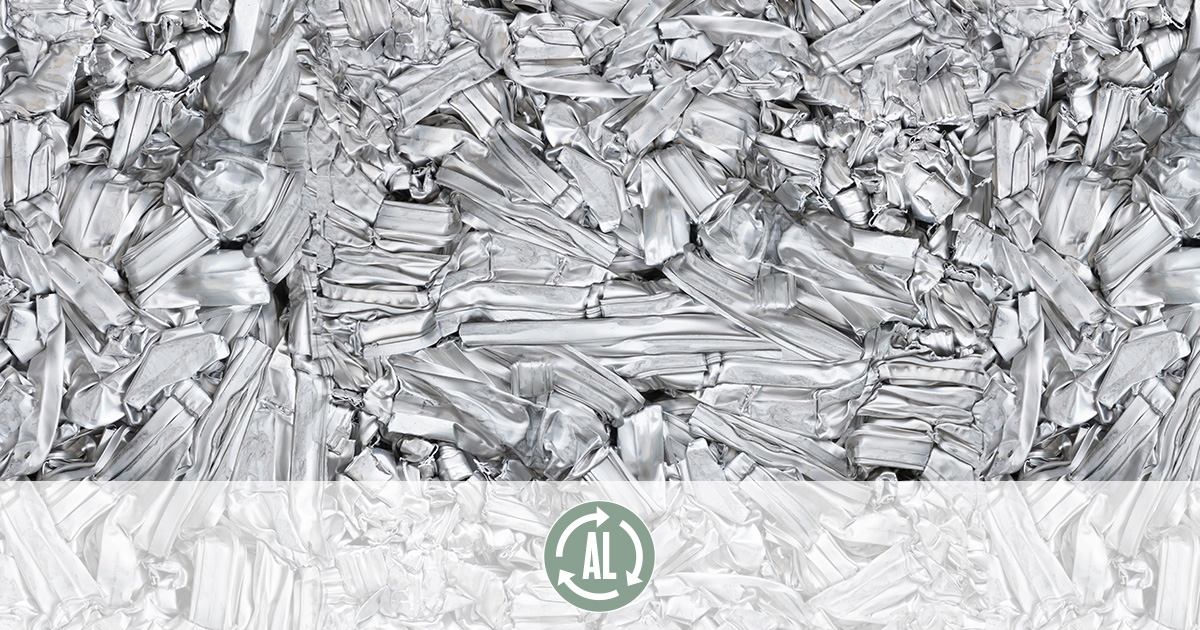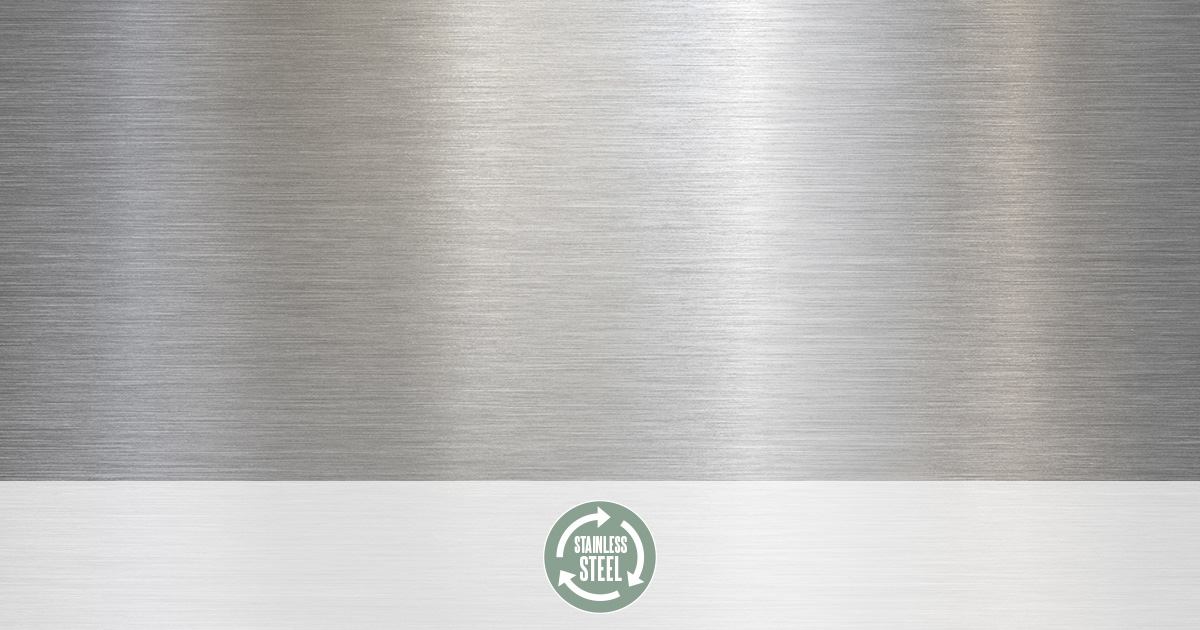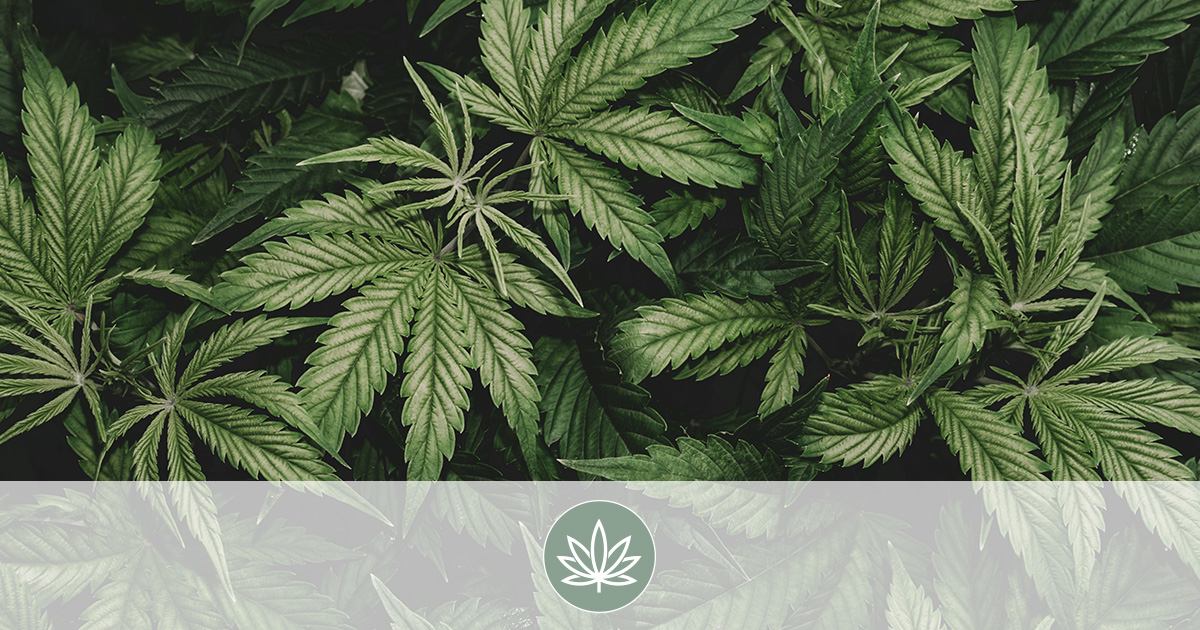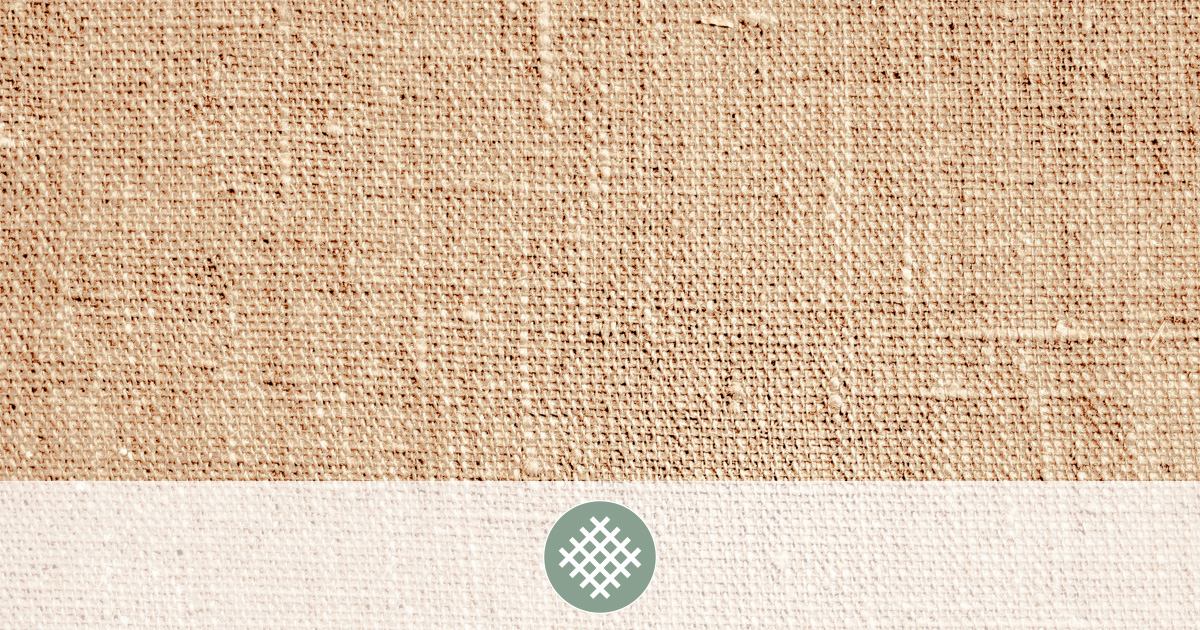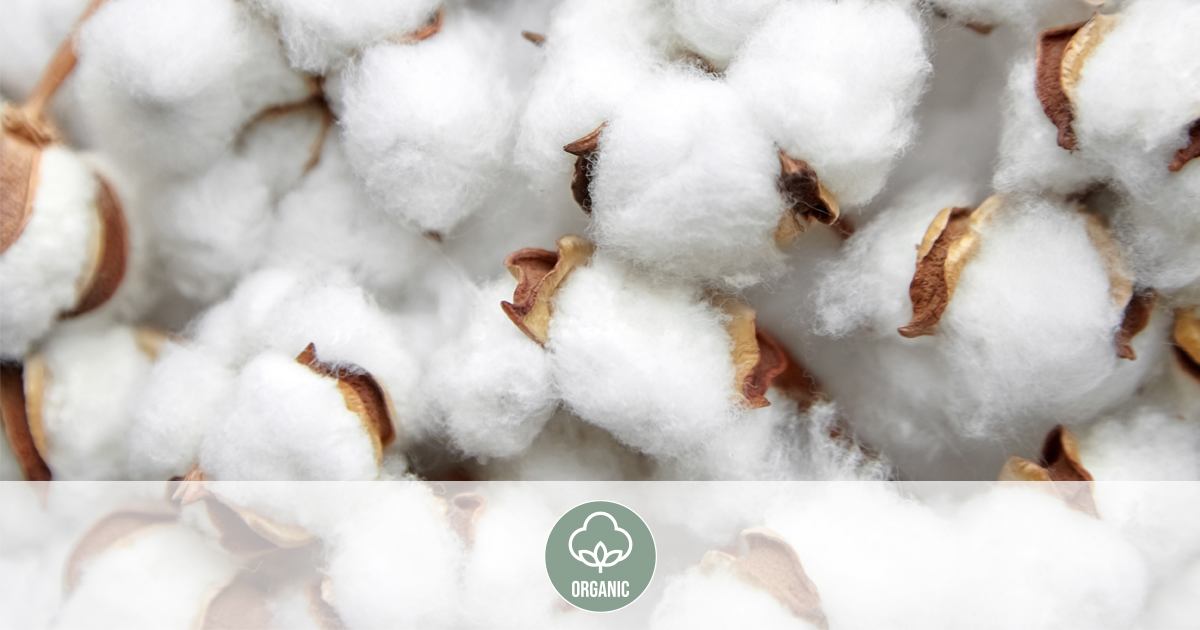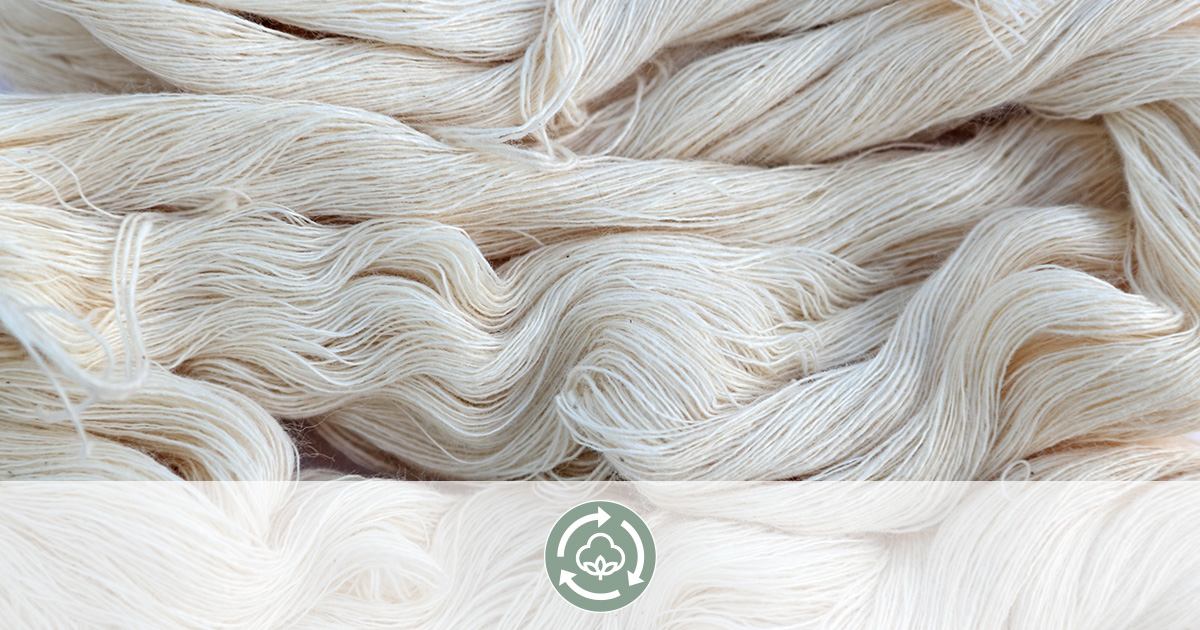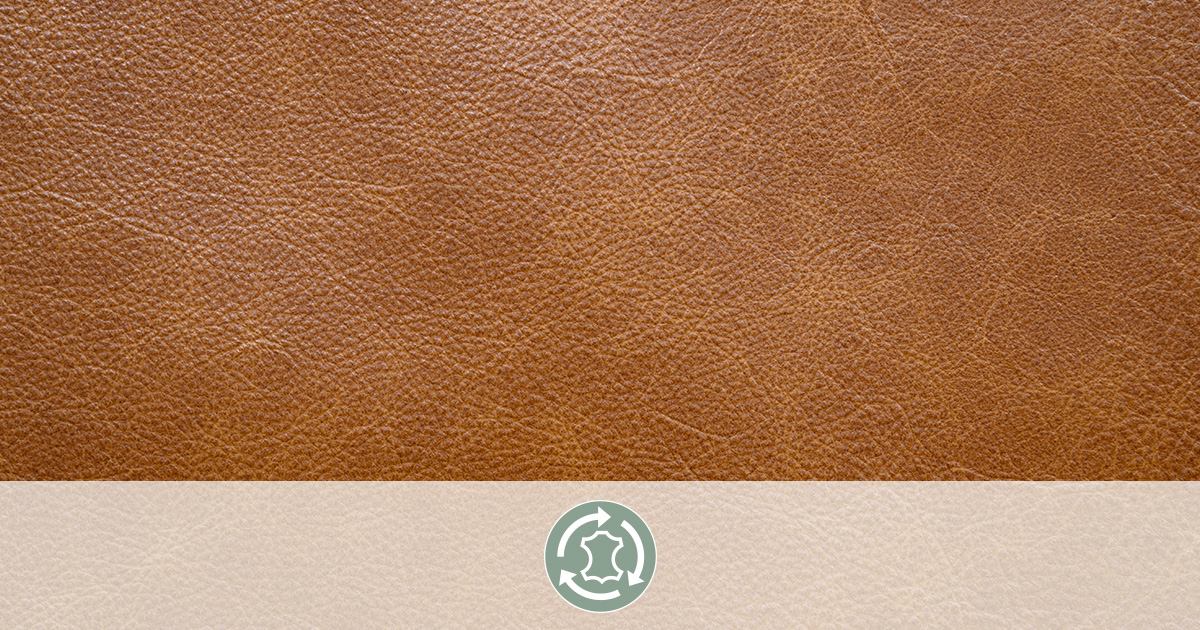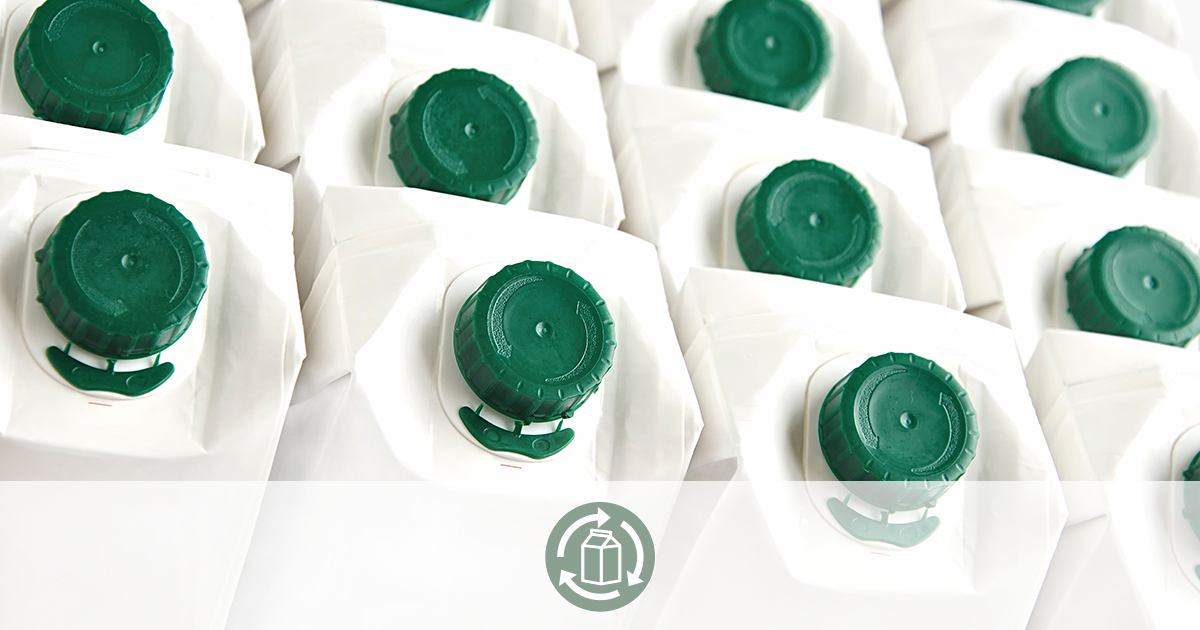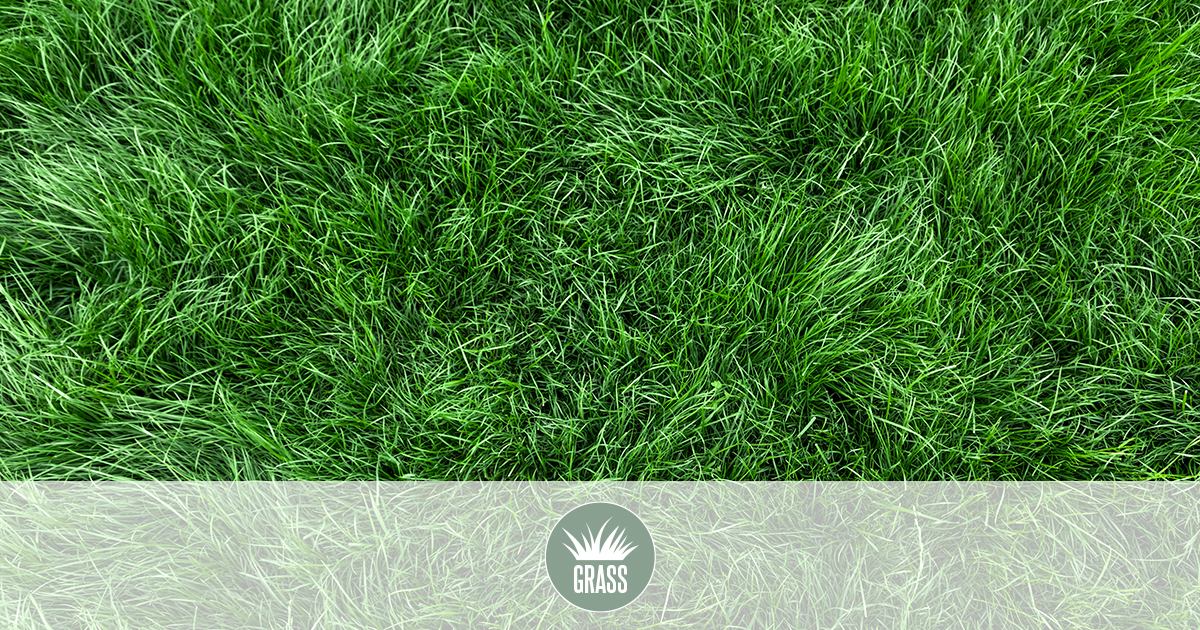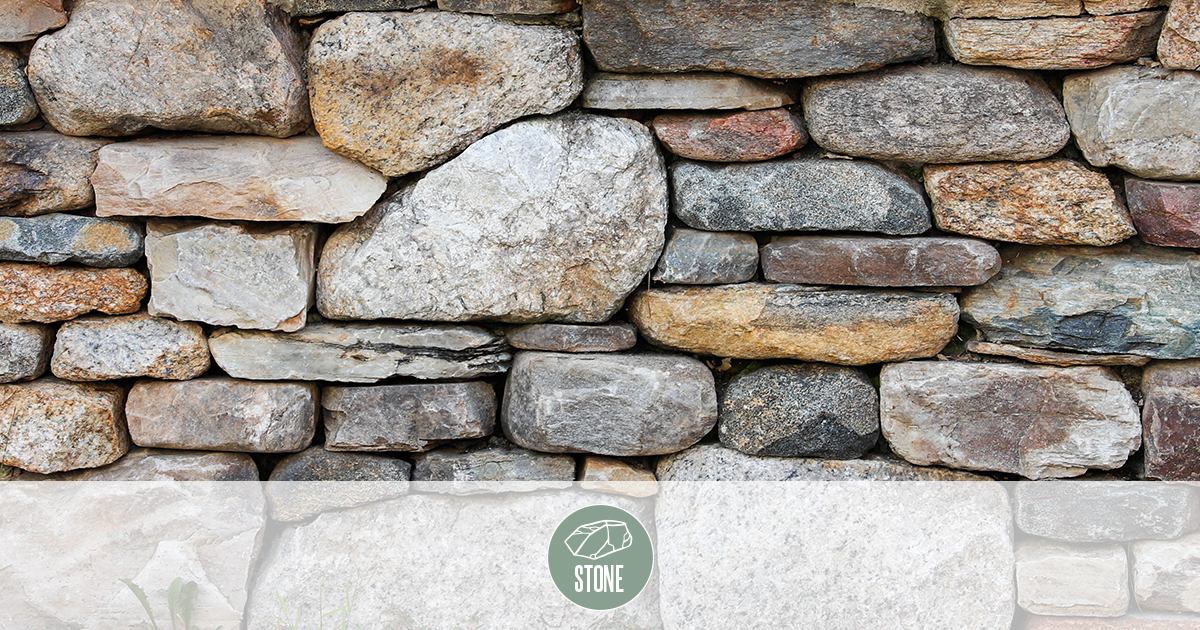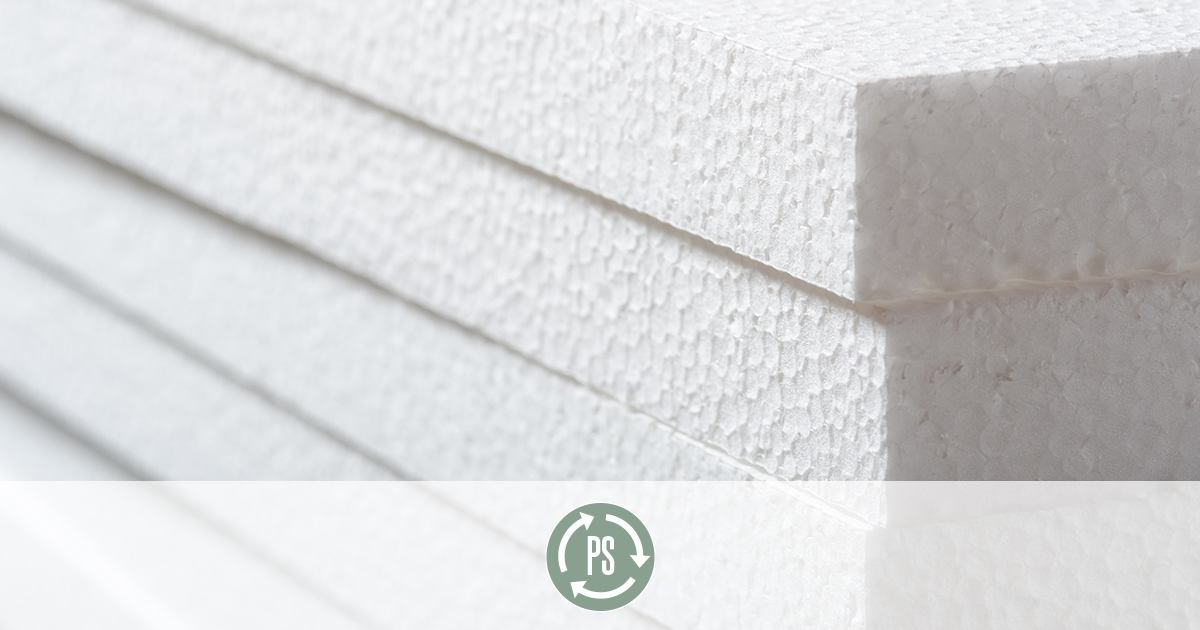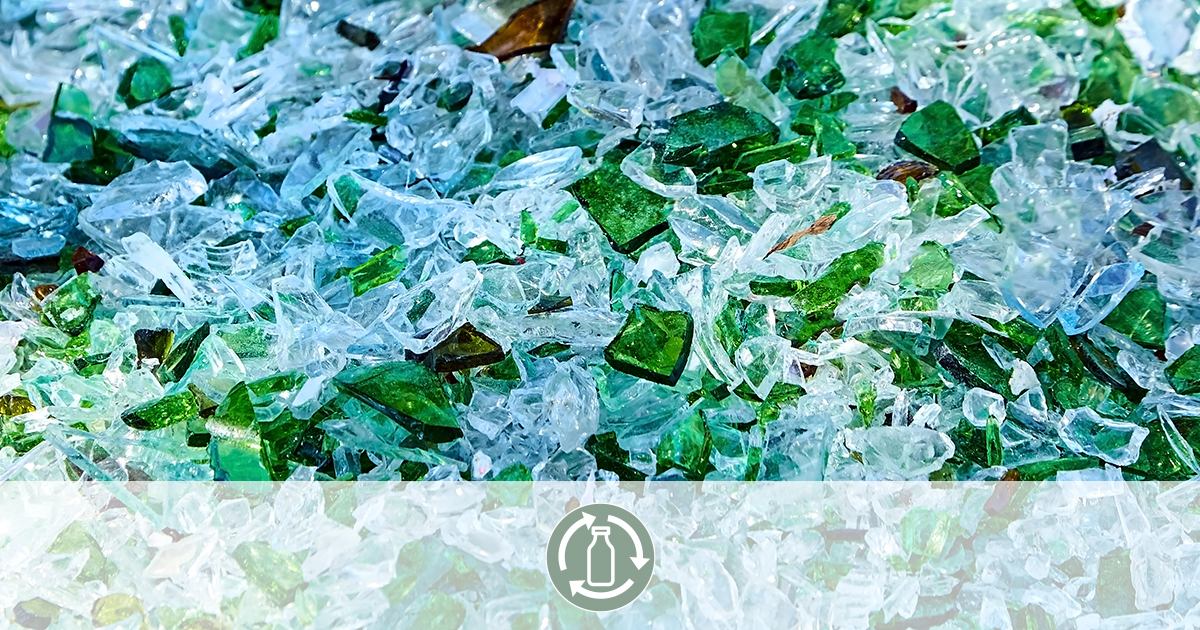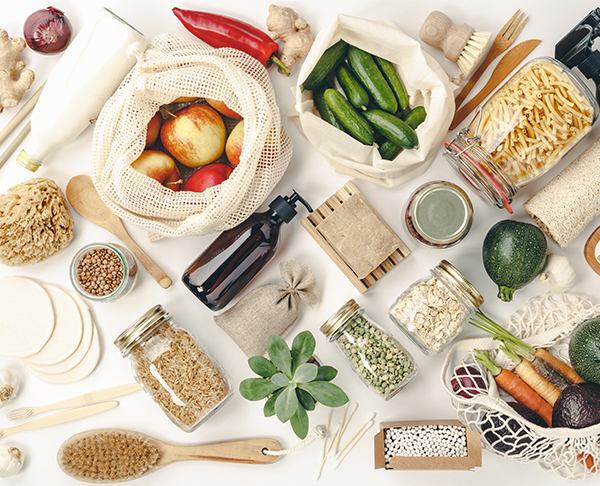Natural, sustainable and eco-friendly promotional gifts
Preserving tomorrow
Responsible gifting
Showcasing awareness
More options than ever
Eco-friendly novelties every year.
Highly customisable, natural looking and greener alternatives of our most popular BE CREATIVE products.
Products made or assembled in Europe, to reduce your ecological footprint.
Materials
Wood
Wood is a biodegradable material and a renewable resource – timber production does not create any waste. Wooden products have a natural and durable appearance associated with high value, which makes it the perfect material for elegant and exclusive products.
Bamboo
Bamboo is the fastest growing plant on Earth; certain species have been recorded to grow 910 mm within one day. It is naturally antibacterial, which makes it a convenient material to use in the production of toothbrushes, combs and other bathroom accessories.
Cork
Cork is the bark of the cork oak tree; it is a completely natural raw material. Furthermore, it is completely biodegradable and recyclable. Cork is lightweight, impermeable to liquids and gases, elastic and compressible, and provides thermal and acoustic insulation. Because of these characteristics, it is used in a variety of products.
Bamboo fibre platic
Bamboo fibre has good moisture absorption and ventilation, and it can be used to produce strong and resistant products. Giving that these products also weigh less than traditional plastic items, their transportation requires less fuel which makes them even more sustainable.
Wheat straw plastic
Wheat straw is an agricultural by-product, it is the stalk that is left behind after wheat grains are harvested. Fibre-reinforced plastics are composite materials that are made by combining plastics (like PP or ABS) with natural fibres.
PLA
PLA is a thermoplastic polyester made from renewable resources like corn starch or sugar cane, therefore is a type of "bioplastics". When PLA is melted for recycling, it releases almost no toxic fumes compared to most other thermoplastics.
Recycled PET
PET (Polyethylene Terephthalate) is a thermoplastic that is 100% recyclable into the same PET products (fibre and bottles). PET is the most often recycled plastic in the world, commonly used in packaging of drinks, food, personal care and pharmaceutical products.
Recycled PP
Polypropylene is a recyclable thermoplastic polymer that is highly versatile and resistant to a wide range of bases, acids and chemical solvents. Its high melting point makes it the most popular plastic packaging material without a doubt.
Recycled ABS
ABS is a versatile material with a great number of applications. ABS is also 100% recyclable, therefore becomes an exceptionally sustainable material. Its recycling process is considered to be very effective and easy – it could even be done at home.
Recycled aluminium
Aluminium is one of the most valuable recyclable materials, it can be recycled infinitely without any loss in quality. It's recycling reduces waste while helping to save 95% of the energy used to extract new metals.
Recycled stainless steel
Stainless steel is highly resistant to rusting and corrosion. These products often have a lifespan of several decades, as valuable alloys can be extracted and recycled through melting, without deterioration in quality from product to product.
Recycled paper
Paper recycling aims to counteract the fact that trees are not replanted or cannot grow fast enough to provide enough material for general paper usage. Paper recycling is one of the biggest branches of industrial recycling, allowing us to save a huge amount of energy and resources.
Hemp
Harvesting hemp has a very low environmental impact, and its durability makes it highly sustainable. It is naturally resistant to many kinds of insects and requires very little water, making it one of the most renewable fibres available.
Jute
Jute is a natural textile fibre made from the jute plant. It gives a relatively rough and very durable fabric that is highly resistant to abrasion and stains. These characteristics make jute an ideal material for bags.
Organic cotton
Organic cotton is the cotton fibre that has been grown from genetically non-modified plants, without the use of synthetic pesticides and fertilizers, through a process that preserves biodiversity.
Recycled cotton
Cotton recycling is a mechanical process: after sorting, the fabrics are run through a machine that shreds the fabric into yarn and further into raw fibre. It is then spun into new yarns for reuse in other products.
Recycled leather
Recycled leather is made using old products, mainly scraps and residues from leather production. It has a look and feel very similar to regular leather, but is more sustainable as it contains only 10-20% animal hide.
Recycled nylon
Nylon has many advantageous properties such as flexibility, chemical resistance, high tensile strength and high abrasion resistance. Because of its popularity, nylon recycling saves a lot of precious energy and resources.
EcoAllene®
EcoAllene® is a new and innovative material derived from recycling objects which would otherwise end up in incinerators and landfills, such as cartons and packaging. The innovation lies in the waste being kept aggregated in a new formula through a patented process.
Grass paper
Grass paper is a type of eco-friendly paper made from a blend of grass fibers and recycled materials, offering a sustainable alternative to traditional wood-based paper. Its production requires fewer chemicals and water, contributing to a more environmentally conscious paper product.
Stone paper
Stone paper is an environmentally friendly paper substitute composed mainly of mineral powders, such as limestone, and a small amount of non-toxic resin. It is water-resistant, durable, and produced with minimal impact on forests, making it a sustainable option compared to conventional paper made from wood pulp.
Recycled polystyrene
Recycled polystyrene is a material produced by reprocessing used polystyrene products, such as foam packaging or disposable containers, diverting them from landfills and giving them a new life. This recycling process helps reduce environmental impact by conserving resources and decreasing the demand for virgin plastic production.
Recycled glass
Recycled glass is glass that has been collected, processed, and remanufactured to create new products, reducing the need for raw materials and energy in glass production. This sustainable practice helps conserve resources, decrease landfill waste, and lowers the environmental impact associated with manufacturing glass.
Reusable Products








